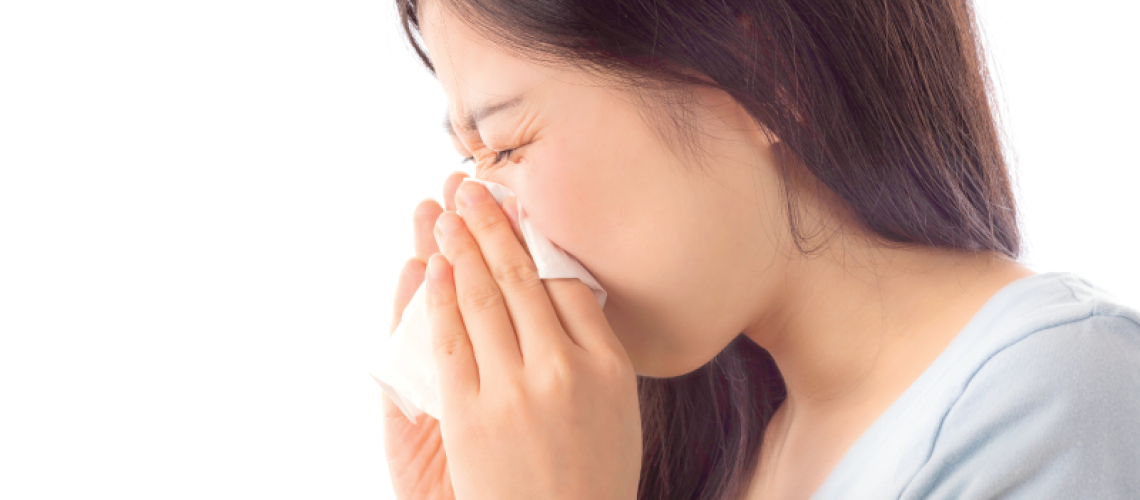This week Airfree shares tips to prevent health problems, especially in extreme heat.
As a result of ongoing climate changes, extreme weather phenomena are becoming more frequent, especially during heat waves, which can lead to increased heat illness, hospital emergencies, and even death.
Children, the elderly, obese people, or those with chronic diseases (diabetes, alcoholism, kidney disease, hepatic and cardiovascular) and, in particular, chronic respiratory patients, need to take even more care of themselves during heat waves.
10 tips for dealing with high temperatures
- Increase the intake of liquids (avoid alcohol, sugary and carbonated drinks). Do not forget very young children and the elderly may not feel thirsty, so they should be encouraged to drink lots of liquids.
- Make light and frequent meals. Avoid heavy or spicy foods.
- Try to be in air-conditioned environments. If this is not possible in your home, look for them in cinemas, museums, shopping centers, supermarkets, etc.
- Avoid sun exposure, especially between the hours of 10 AM to 3 PM. If you have to expose yourself to the sun, do so with the proper protection: wear a wide-brimmed hat, sunglasses with protection for UVA and UVB radiation, sunscreen (protection factor superior to 30) and light, white or light-colored clothing made of cotton and cover most of the body.
- Avoid the beach during the hottest hours. Seniors and children up to the age of three should not go to the beach on hot days, or if they do choose early morning and late afternoon. Younger children should avoid direct sunlight.
- Cool the skin with lukewarm water baths.
- Avoid outdoor activities that require a lot of physical effort, especially professions such as construction or gardening, and some sports, such as basketball or cycling, especially during hotter periods.
- Take special care with vehicles exposed to the sun. Never leave children, the elderly, or frail people in the interior of vehicles exposed to the sun, where the temperature can reach values greater than 150 ° F. If the car does not have air conditioning you should travel with the windows partially open.
- Protect housing; avoid heat from entering your home by closing shutters and ventilate it from dusk when the outside temperature is lower than that of the interior. The elderly, bedridden people and children should have very little bedding.
- Remember to check on your friends, family, and neighbors. Inquire about the health status of people who are isolated, dependent, elderly or mentally or socially fragile living close to you; help them overcome the hot days.
In most patients with rhinitis or asthma there can be an allergic component, so the beach can be beneficial because there are fewer allergens in the air. The beating of the waves in the sand and rocks produces an aerosol that helps to moisten the nasal secretions and facilitates easier breathing. However, on hot days it is best to stay inside in air conditioning.
Source:


